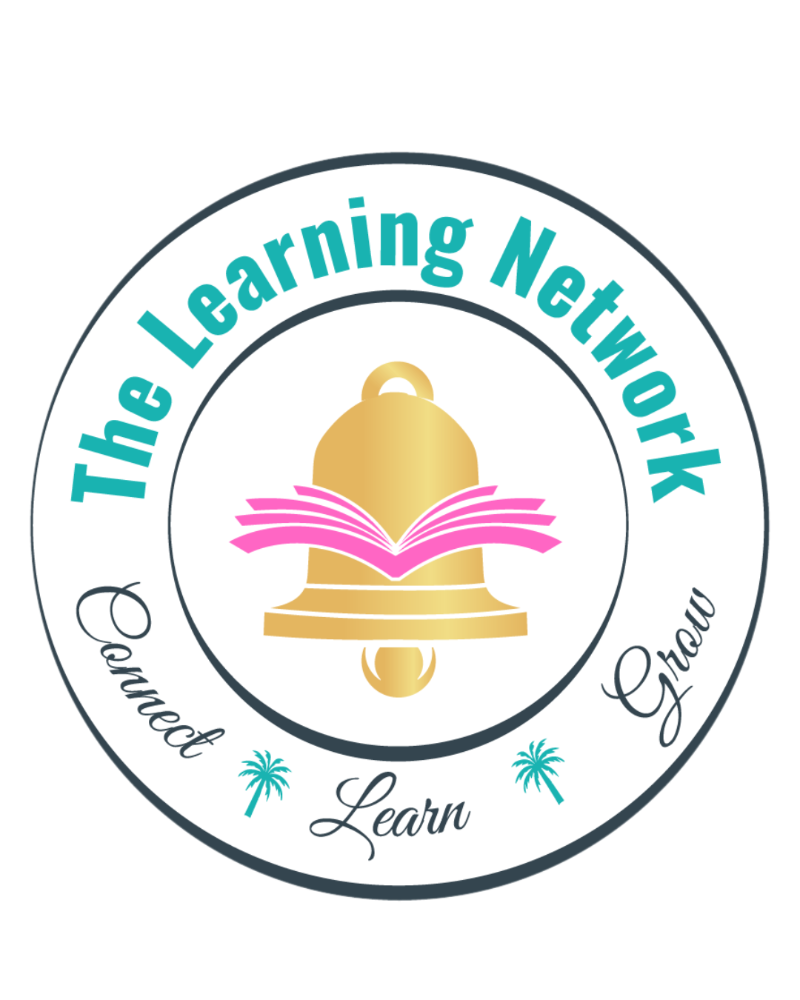Why NSW Teachers Are Still Burning Out and What We Can Do About It
Oct 15, 2025
It’s Term 4, a fresh start for many NSW teachers as they welcome new classes, new syllabuses and new opportunities to make an impact. But while the energy in classrooms is high, the conversations happening behind closed doors tell a different story.
Over the break, teachers have shared how they spent their “holidays” marking, rewriting programs and catching up on work they didn’t have time to do during term. Many didn’t rest at all.
And that’s where the problem begins.
The Hidden Cost of “Doing It All”
Teaching has always been more than a job. It’s a vocation. But somewhere along the way, we’ve mistaken dedication for self-sacrifice.
We sneak our laptops out after the kids go to bed. We tell ourselves “just one more email” or “I’ll finish that unit tonight.” Before we know it, we’re working 12-hour days and calling it normal.
I’ve been there.
For years I thought I could do it all: lead a year group, lead a faculty, mentor students and manage a young family. Even when my health began to show the cracks, I kept pushing.
I created a PDHPE Faculty Handbook from my bed while recovering from shingles.
I told myself that I had to, that asking for help was a sign of weakness.
It wasn’t. It was a sign that I was burning out.
The Reality We Don’t Want to Face
Half of Australian teachers are now considering leaving the profession in the next 12 months. Let that sink in – half.
Teachers are working longer hours with fewer resources and that pressure isn’t just professional, it’s deeply personal. It’s showing up in our health, our relationships and the time we’re losing with our families.
We tell ourselves this is temporary. Once reports are done or the new syllabus is written, we’ll finally rest. But that time never comes.
If you’re pulling out your laptop after dinner, marking on Sundays or spending your school holidays rewriting assessments, it’s time to ask: what is this costing you?
Because your time, energy and wellbeing are not renewable resources. Once they’re gone, they’re gone.
The Empowered Teacher Framework
That’s why I created The Empowered Teacher Framework ™, a simple yet powerful reminder that to keep showing up for our students we first need to show up for ourselves.
It comes down to three non-negotiables:
- Time – protecting what’s precious and non-renewable
- Energy – managing what fuels us instead of drains us
- Wellbeing – prioritising our health before it demands attention
When these three are out of balance, burnout follows. When they’re aligned, we become the kind of educators our students truly need: present, passionate and empowered.
You Don’t Have to Do It Alone
The truth is, other faculties don’t. Science, Maths and English teachers access programs, resources and support all the time. Yet PDHPE, HMS and CAFS often carry the load alone.
You don’t need to.
Whether you’re navigating the biggest curriculum reform in 25 years, teaching HMS or CAFS for the first time or simply trying to reclaim your weekends, support exists.
That’s why we built The Learning Network memberships to give teachers done-for-you programs, resources and a community that actually understands what it’s like to teach PDHPE, CAFS & HMS in NSW today.
It’s Time to Reclaim What Matters Most
If you’ve ever felt that pinch of exhaustion, the late-night planning sessions or the guilt of never quite being “done,” this conversation is for you.
🎧 Listen to the full episode on The PDHPE & CAFS Podcast to dive deeper into teacher burnout, The Empowered Teacher Framework ™ and practical ways to reclaim your time, energy and wellbeing.
And if you’re ready to stop doing it all alone, explore our memberships today at thelearnnet.com/memberships including:
- K–6 PDHPE Membership
- 7–10 PDHPE Membership
- The HMS Membership
- The CAFS Collective
Because the truth is simple: you don’t have to do it all. And you don’t have to do it alone.

